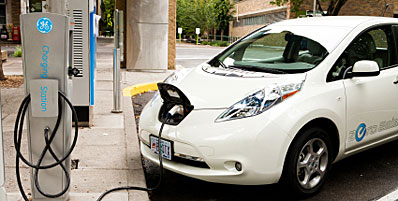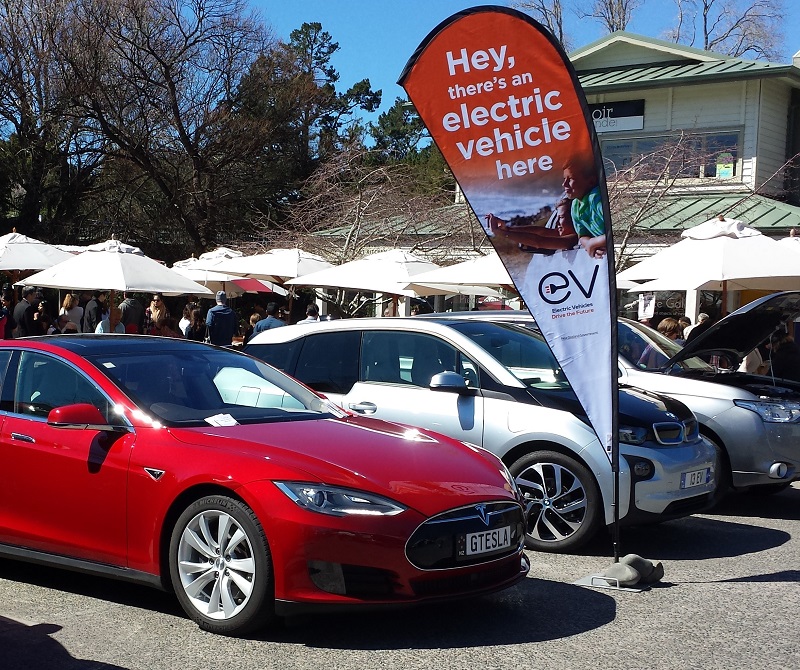By Rachita Gowdu
Stanback Fellow
 I moved to Charlotte the summer before the eighth grade. Like most 13-year-olds, I was struggling to find my place at school, with my friends, and within myself. To get away from the stuffy Piedmont summer heat, my father suggested that we visit Grandfather Mountain State Park to see the famous mile-high swinging bridge that attracts tourists from across the state and country.
I moved to Charlotte the summer before the eighth grade. Like most 13-year-olds, I was struggling to find my place at school, with my friends, and within myself. To get away from the stuffy Piedmont summer heat, my father suggested that we visit Grandfather Mountain State Park to see the famous mile-high swinging bridge that attracts tourists from across the state and country.
Driving across the Blue Ridge Parkway and getting to experience the brilliance of North Carolina’s state parks was an experience I’ll remember forever.
Since starting at the N.C. Chapter of the Sierra Club as a communications intern, I have learned so much about the intricacies of government and the beauty in doing environmental work even when it feels like all hope is lost. In particular, I started to better understand the balance that we must find between individual responsibility and collective accountability. One way that I’ve reimagined how this looks is through the Chapter’s initiative to implement electric vehicle (EV) charging stations in all of North Carolina’s state parks.
This project, which began at the start of 2020, hopes to take advantage of the ecotourism that brings tens of millions of people to our state, specifically to our state parks. As electric vehicles are the future of individual and public transit, it is vital that our state has the infrastructure to support the coming surge as more people turn to EVs for their next personal car.
 Over a century ago, North Carolinians saw the future of transportation, forming a statewide Good Roads Association that pushed for the creation of quality roads and highways that ultimately earned the state the nickname of "Good Roads State."
Over a century ago, North Carolinians saw the future of transportation, forming a statewide Good Roads Association that pushed for the creation of quality roads and highways that ultimately earned the state the nickname of "Good Roads State."
According an article written by Robert E. Ireland for the Encyclopedia of North Carolina, the N.C. Good Roads Association played a major role in the 1915 creation of the state's first Highway Commission, and lobbied successfully for a $50 million statewide bond issue to finance road-building in 1921.
As the 100th anniversary of that legislation approaches, why not make North Carolina the "Green Roads State" by committing to EV infrastructure at the greenest places we have: our state parks?
Yesterday, Gov. Roy Cooper announced that the state is awarding nearly $30 million in Volkswagen settlement funds to clean transportation projects that include 33 zero emission vehicle fast-charging stations across the state. Our 41 state parks would be ideal locations for future charging stations, too.
"The Green Roads State":
Get details about the N.C. Sierra Club's proposal to put EV charging stations in all of North Carolina's state parks.
Crowders Mountain, Jordan Lake, Lake James, and Lake Norman state parks already have EV charging stations. Establishing charging stations at the rest of our state parks could be the fuel to push folks to consider making their next car electric, by helping to provide reliable and inexpensive - or free - options to keeping them moving.
There are many benefits to EVs, ranging from being cheaper to run and maintain in the long run to being more digitally connected than conventional vehicles. The most important is that EVs help to reduce greenhouse gas emissions that contribute to climate change and smog; transitioning to transportation that relies on clear energy will lead to improved air quality and public health. The transportation sector is the top contributor of emissions causing climate change in the country. And with transportation contributing more than 32% of our state’s greenhouse gas emissions, we must quickly and efficiently reimagine how we move from place to place.
Several states offer free EV charging at state parks, while others are developing plans to implement in the coming years. States such as West Virginia and Pennsylvania have the framework to support EV charging in all state parks. State parks dot North Carolina's landscape, and providing charging stations at all of them would make this "fuel" more accessible for anyone traveling to or through North Carolina - with a pleasant place to visit while they charge up.
 As electric vehicles become more widely available from automakers, and as we work for a just transition to a green economy as a state and nation, we must consider who is able to purchase electric vehicles. While historically EVs have been more expensive than traditional petrol/diesel vehicles, they have recently become more affordable due to tax credits and rebates. The NC ZEV Plan discusses financial incentives for buyers as a possible future step in our state. It’s vital to encourage more people to switch to electric vehicles, helping to create the demand that will gradually bring down production and maintenance costs even more.
As electric vehicles become more widely available from automakers, and as we work for a just transition to a green economy as a state and nation, we must consider who is able to purchase electric vehicles. While historically EVs have been more expensive than traditional petrol/diesel vehicles, they have recently become more affordable due to tax credits and rebates. The NC ZEV Plan discusses financial incentives for buyers as a possible future step in our state. It’s vital to encourage more people to switch to electric vehicles, helping to create the demand that will gradually bring down production and maintenance costs even more.
While putting electric vehicle charging in state parks may not seem like a big step to address climate change, I’d have to say I disagree. The only way that we build up the momentum toward large-scale change is by starting with local projects that create unity and build trust between people and communities.
Moving to North Carolina gave me opportunities I could never have imagined. The education that I have received, the folks that I’ve met, the opportunities I’ve had have radically changed my perceptions of the environment.
This summer I’ve learned that local initiatives can and must lead the way to for it these small, meaningful, and intentional actions within our lives that help initiate statewide policy change. Not only will investing in EV infrastructure lead to a decrease in carbon emissions, it will also benefit state park visitors and support the ever-growing transition to EVs.
It isn’t enough to have good roads. For the welfare of all North Carolinians, we need green roads. North Carolina must lead the way to cleaner air for all by becoming the Green Roads State.